Posts Tagged ‘Nationwide Ceasefire Coordination Team’ (30 found)
UNFC Statement on Current Talks and Raging of Ferocious Battles on the Ground
We all know that members of the United Nationalities Federal Council (UNFC), together with fraternal ethnic armed resistance organizations, have been endeavoring by various means, with the specific intent of ending over 60-year-long civil war in Burma/Myanmar and resolving the political problems, through round-table talks and consultations with successive governments, and now the Nationwide Ceasefire Coordinating Team (NCCT) and the Union Peace-making Work Committee (UPWC) are holding talks for realizing the signing of Nationwide Ceasefire Agreement […]
• • •The Significance of Signing the Deed of Commitment to Peace and National Reconciliation
On Union Day, February 12, 2015, the President, senior Tatmadaw officers, both speakers of the Hluttaws, political parties, and four Ethnic Armed Organizations (EAOs)—the Restoration Council of Shan State, Karen National Union, Democratic Karen Benevolent Army, and KNU/KNLA Peace Council—signed the Deed of Commitment to Peace and National Reconciliation (the “Deed”) at Naypyidaw. By signing the Deed, the President is able to demonstrate a positive image to the country and the international community that Burma’s peace process is moving forward in advance of the election later this year […]
• • •Statement on Consultation Organized by Border-based Civil Society Organisations with the Nationwide Ceasefire Coordination Team (NCCT)
On November 22-23, 2014, 42 representatives of 25 border-based civil society organisations (CSOs), working on education, health, media, migrant workers’ rights, refugees, the environment, women’s issues and human rights, held a consultation meeting with the NCCT. This was the first such meeting with the NCCT held formally by a broad grouping of border-based CSOs. […]
• • •KIA ဗိုလ္ေလာင္း သင္တန္းေက်ာင္းသို႔ ပစ္ခတ္တိုက္ခိုက္မႈအေပၚ ခ်င္းအမ်ဳိးသားတပ္ဦး၏ သေဘာထား ထုတ္ျပန္ခ်က္
• • •Key Messages to World Leaders, International Governments and the UN Concerns and Requests Related to Humanitarian Situation in Kachin and Northern Shan States, Myanmar
The 25th ASEAN Summit is commencing from 11 to 13 November 2014, hosted by Myanmar in its capital, NaypyiTaw. Most prominent world leaders are gathering and discussing important matters affecting the ASEAN countries and, inevitably, the interconnected global arena. On this occasion, Joint Strategy Team for Kachin Humanitarian Response would like to urge the world leaders, international governments and the UN to pay attention to the following concerns and take immediate actions to fulfill the requests. We firmly believe that the world leaders, international governments and the UN will strongly support the protection of dignity and rights of the internally displaced persons. […]
• • •Key Messages to World Leaders, International Governments and the UN Concerns and Requests Related to Humanitarian Situation in Kachin and Northern Shan States, Myanmar
The 25thASEAN Summit is commencing from 11 to 13 November 2014, hosted by Myanmar in its capital, Naypyi Taw. Most prominent world leaders are gathering and discussing important matters affecting the ASEAN countries and, inevitably, the interconnected global arena. On this occasion, Joint Strategy Team for Kachin Humanitarian Response would like to urge the world leaders, international governments and the UN to pay attention to the following concerns and take immediate actions to fulfill the requests. We firmly believe that the world leaders, international governments and the UN will strongly support the protection of dignity and rights of the internally displaced persons […]
• • •Navigating Paths to Justice in Myanmar’s Transition
Since President Thein Sein and his government took office in 2011, Myanmar’s transition has unfolded at a pace that has surprised many and earned the acclaim of western governments, financial institutions, and private-sector investment analysts.1 The Burmese population of approximately 60 million has endured more than a half-century of military dictatorship, armed conflict, economic dysfunction, and political repression.2 A meaningful transformation into a peaceful society that enjoys economic development and functions democratically now seems plausible, though it is far from guaranteed. Ultimately, the blanket immunity afforded by the 2008 Constitution shields the acts attributable to prior regimes from any form of accountability.3 Whether the reform process will evolve to include measures that address the massive and systematic injustices of the past remains less certain.
• • •
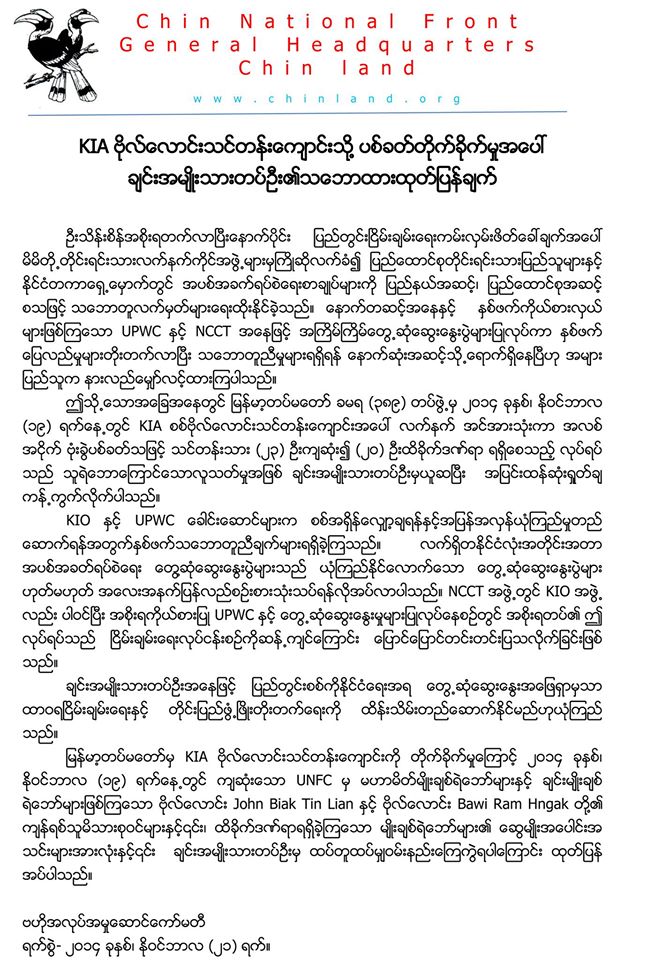
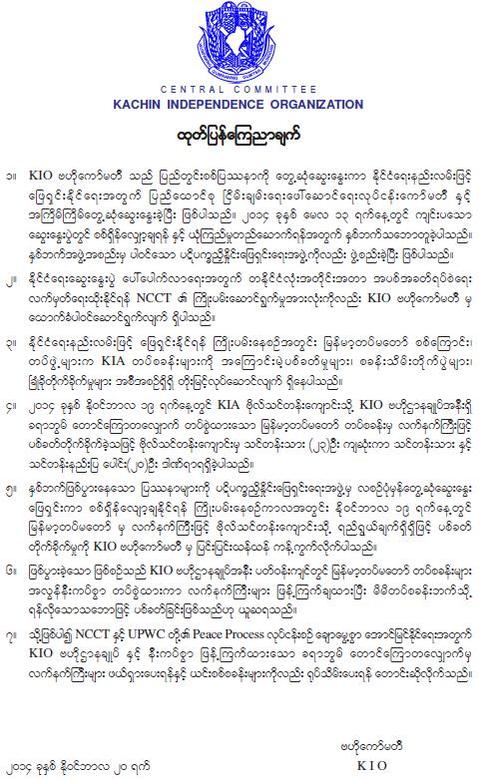
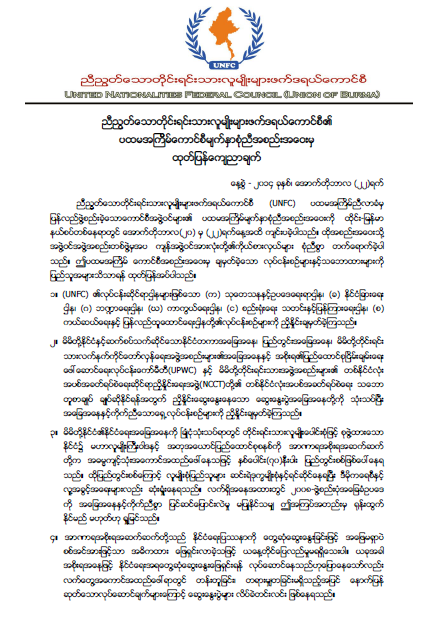
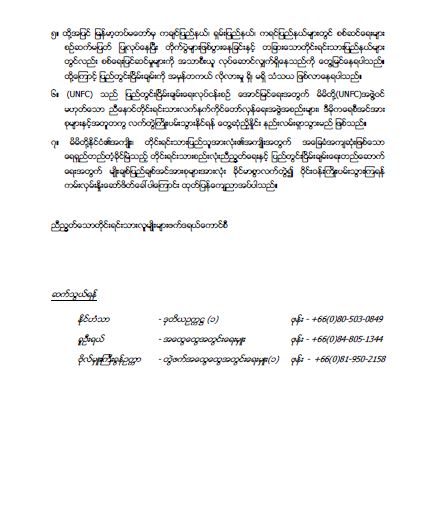
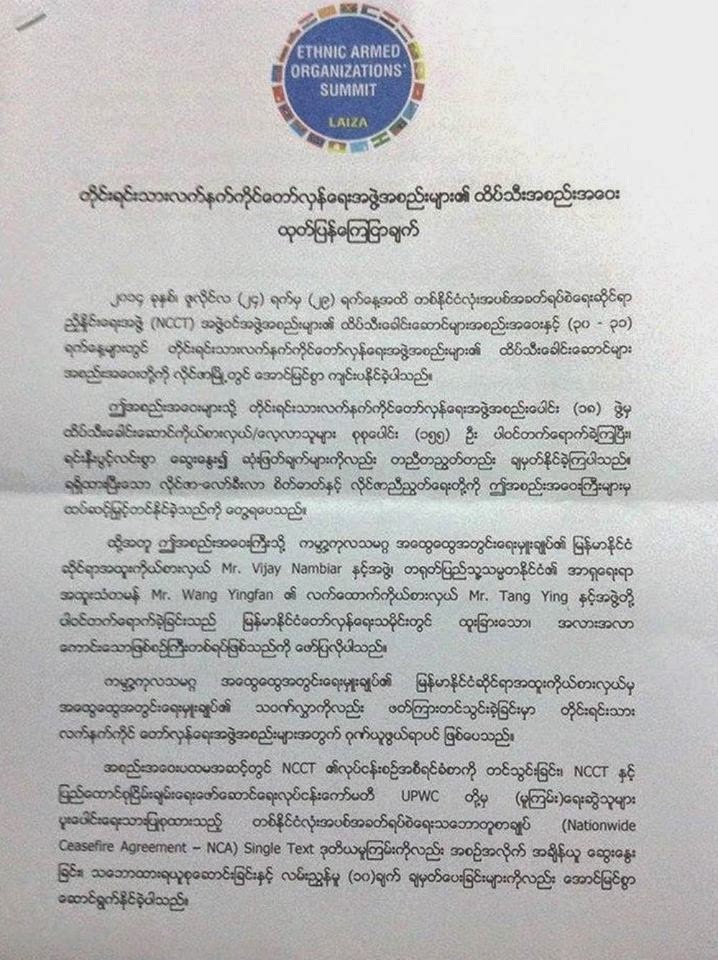
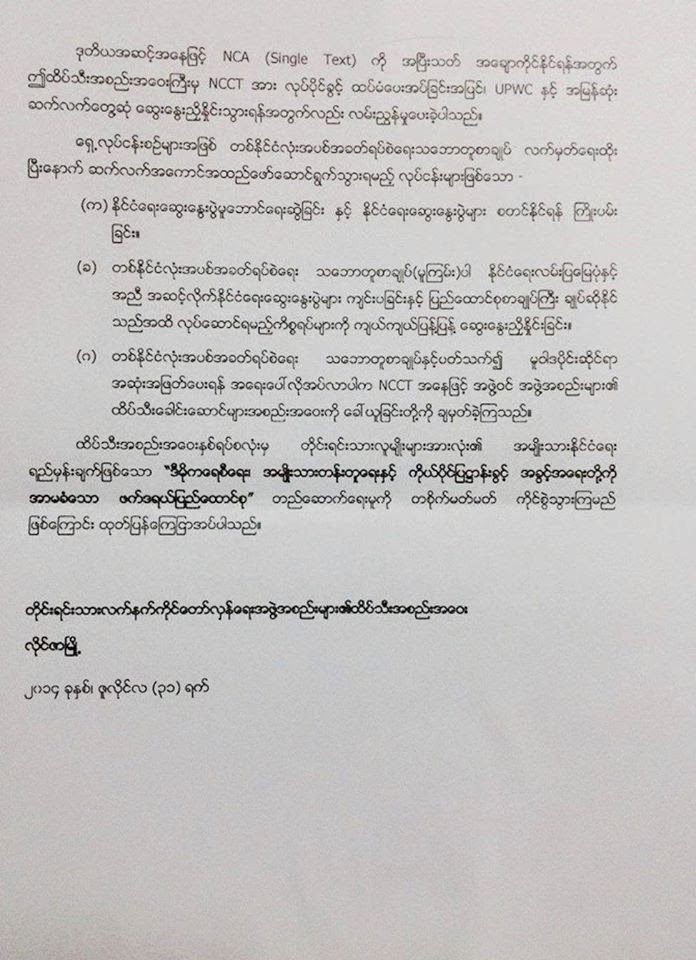
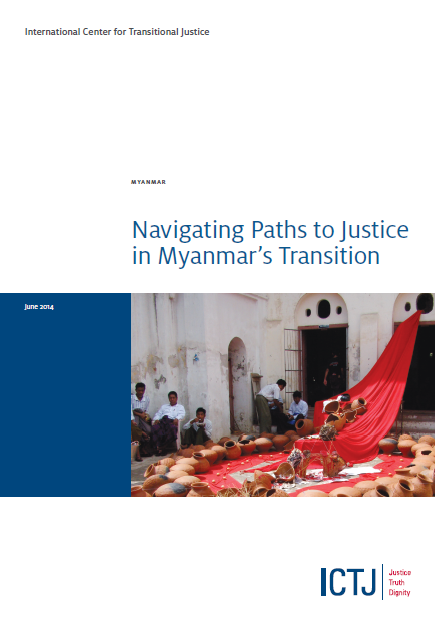








 All posts
All posts